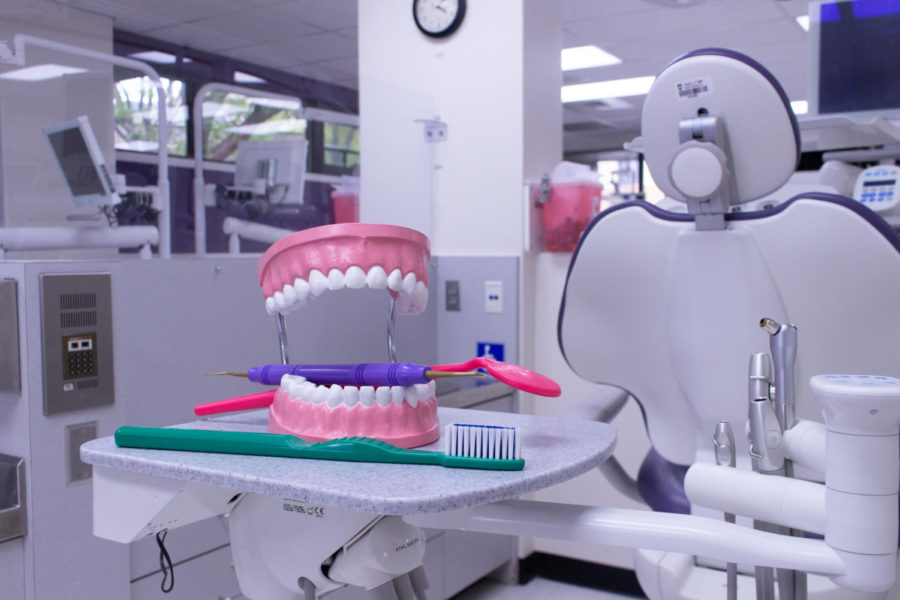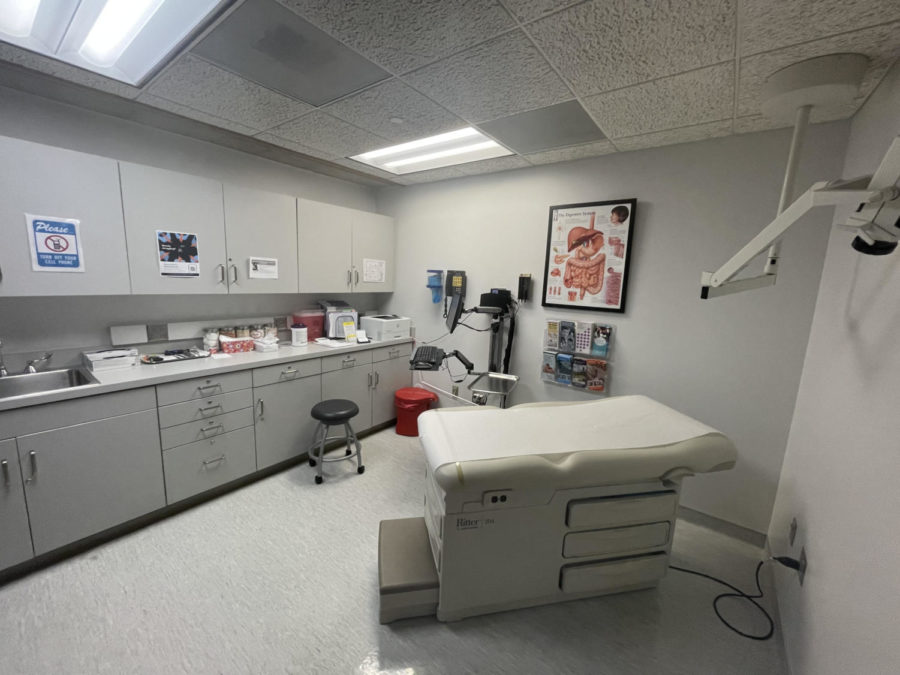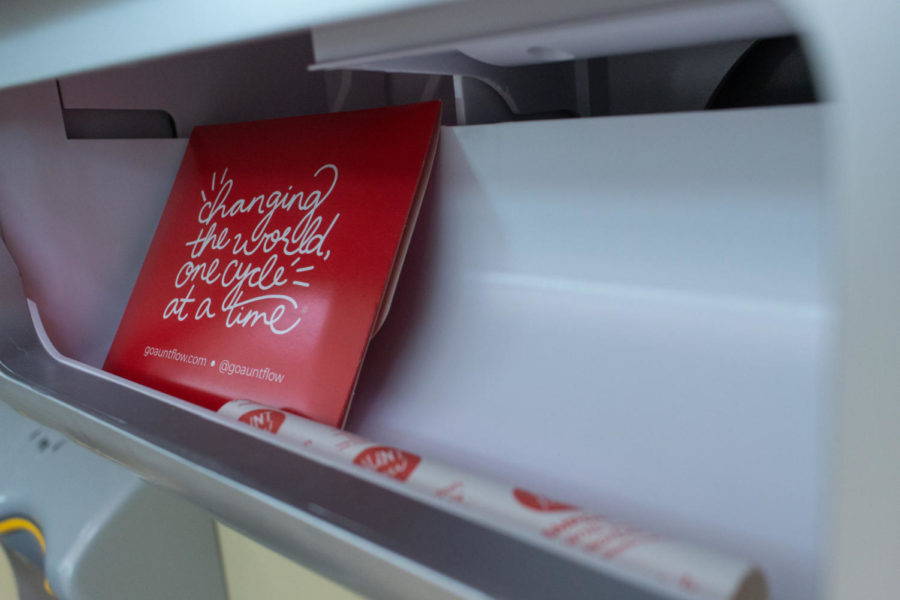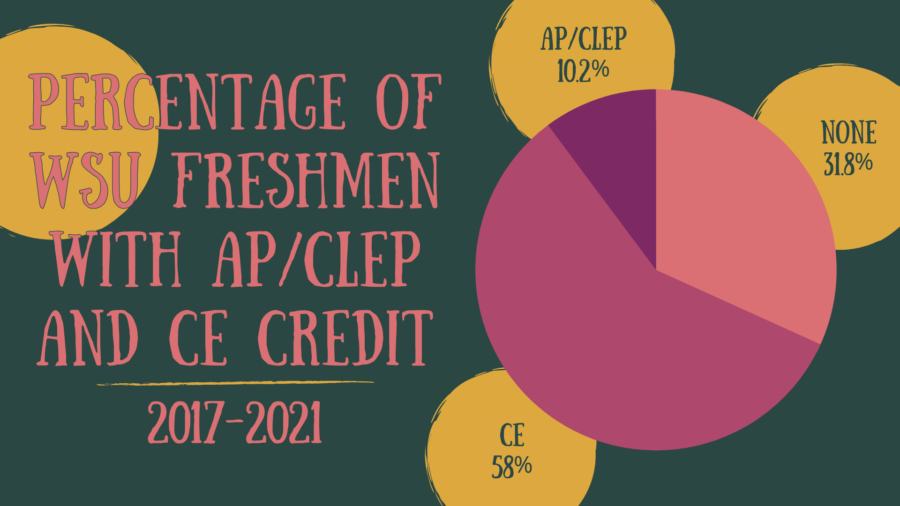
When wife, mother of four and small business-owner Maureen Cavanagh received an email titled “Former Marblehead Honor Student Facing Prostitution Charges” from her hometown in Massachusetts, she was devastated when she heard the news.
After reading through the story multiple times, it registered in her mind, “This is my daughter, Katie Cavanagh.”
Maureen Cavanagh’s heart was broken. The article had potentially ruined the former honor student’s reputation — steered down the wrong path and reducing her chances of any future opportunities.
Eventually, then-homeless Katie Cavanagh read “her” article. Guilt and sorrow had overcome her. She didn’t want her actions to fall onto her family’s name, so she wrote a letter to the local newspaper who published the story.
“I’m really sorry to all my friends and family who I’ve hurt through this nasty heroin addiction, and I hope one day I officially beat it,” Katie Cavanagh wrote. “I would just like people to know addicts are good people who believe they need to do bad things because they don’t deserve any better.”
Maureen Cavanagh said she admired her daughter’s bravery for writing that statement. According to her mother, Katie Cavanagh was always selfless, caring and empathetic, which she described as the type of characteristics often seen in drug addicts.
Maureen Cavanagh first recalled her daughter’s empathy when her grandmother passed away.
When Katie Cavanagh was young, she said to her mother, “If I feel this badly about Grandma’s passing, I can’t imagine how you must feel.”
After five years of drug addiction, it was vital for Maureen Cavanagh to never forget who her little girl is. Through every conversation they shared, she assured her daughter that she was loved and that she would always be there for her.
“These people need to be believed in in order to believe in themselves,” Maureen Cavanagh said.
Maureen Cavanagh never lost hope in her daughter, even throughout 40 visits to different treatment centers and after 13 near-death experiences.
Before Katie Cavanagh was homeless, she went out with some friends to a party; at some point in the night, she escaped the party and relapsed, and her friends found her soon after.
Katie Cavanagh was brought home — broken and fragile — lying on her mother’s kitchen floor when Maureen Cavanagh said, “I love you, but you’re going to die.”
“If you loved me, you would let me,” Katie Cavanagh said.
This short conversation influenced the title of Maureen Cavanagh’s memoir, “If You Love Me: A Mother’s Journey Through Her Daughter’s Opioid Addiction.”
Maureen Cavanagh couldn’t continue to try to help her daughter until she desired to help herself. Katie Cavanagh ultimately decided to leave her mother’s house for good.
Soon after, Maureen Cavanagh founded Magnolia New Beginnings, an organization dedicated to advocating for those affected by substance abuse.
Through her experiences, Maureen Cavanagh understands that when drug addicts ask for help, they need it immediately. However, she learned that patients usually have to wait two weeks or longer to be accepted into treatment centers.
According to the MNB’s website, “Often, when a person completes treatment, they find they have nowhere to go except back to the very places their SUD took root.”
That’s where non-profit organizations come in. Volunteers assist those leaving their treatment program into approved sober living communities until they’re able to support themselves.
As well as in-person services in Massachusetts, there are online services where over 25,000 people are volunteering to help those who need online assistance, through counseling and support.
Ogden community member Steve Schoof said he had little knowledge about substance abuse before hearing Maureen Cavanagh speak. Despite growing up in the ’70s in Southern California, the only substance abuse he ever heard about came from outsiders who were looked at differently.
After realizing that substance abuse has no bias and can happen to anyone, Schoof said he aims to become more conscious of other people.
“I would hope that if there are people who are close to me, that I would know about their substance abuse,” Schoof said. “I’m a high school tennis coach, so I get to see kids trying to be their best, rather than the other side where the only thing to do is to take something to help, all while dealing with hardships and trying to fit in.”
WSU Student Isabelle Herzog formerly worked in South Salt Lake at an elementary school because she wanted to become a teacher. She felt a personal connection to this story.
She found that many of the students’ parents struggled with addiction.
“I helped figure out how kids can navigate life when their parents are dealing with substance abuse,” Herzog said. “I helped them learn coping skills and how they can access other resources that might be helpful to them.”
According to Herzog, with multiple people involved trying to help a substance abuser, it cannot be forced upon anyone. When a person wants help, they will receive it.
At the beginning of 2018, Katie Cavanagh decided to reset when she reapplied to the school that had previously kicked her out, in order to become an esthetician.
On Sept. 29, the duo shared their story at Recovery Fest 2018 in Rhode Island.
Maureen presented a picture of the two of them together on stage. Remembering that moment, she said, “That was the happiest moment of my life.”




















